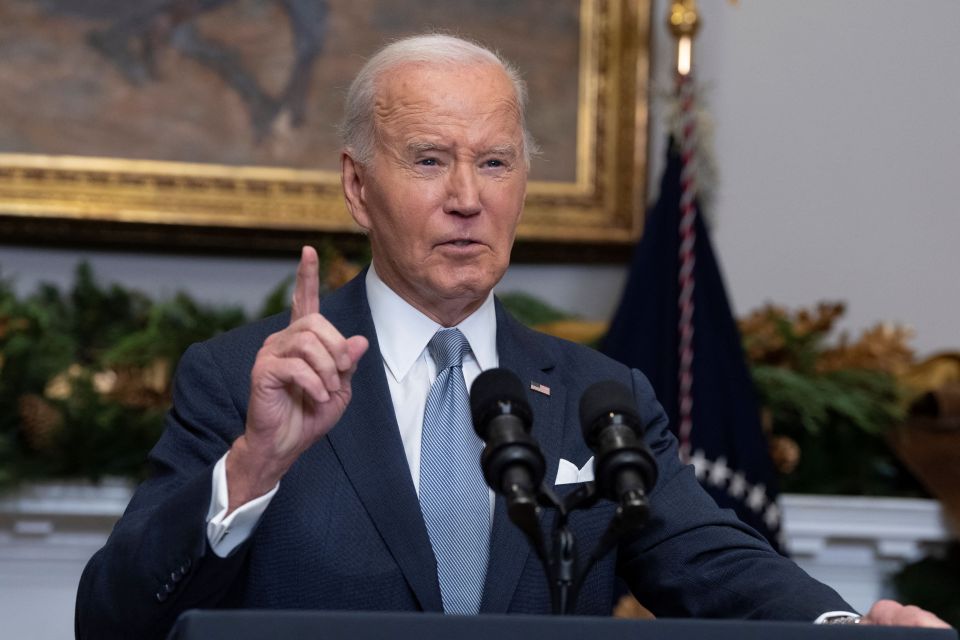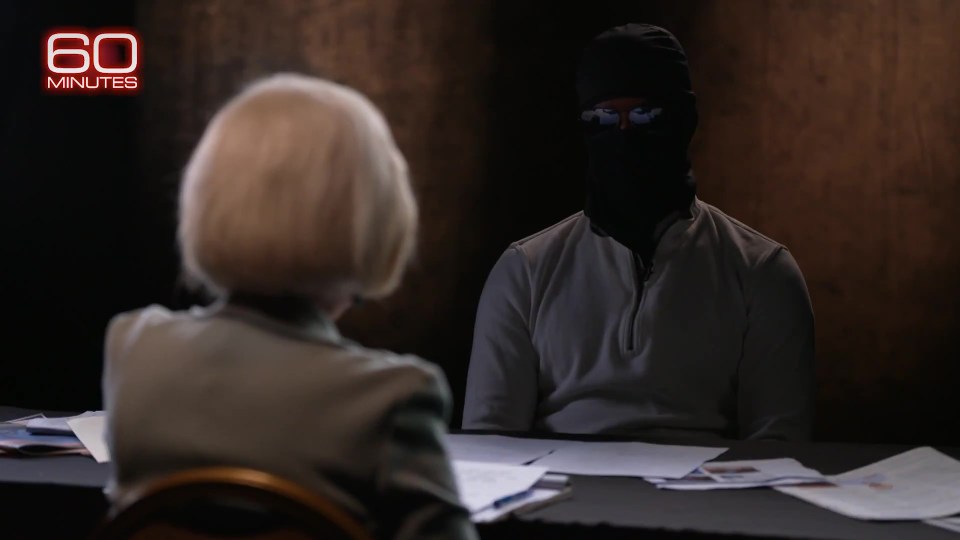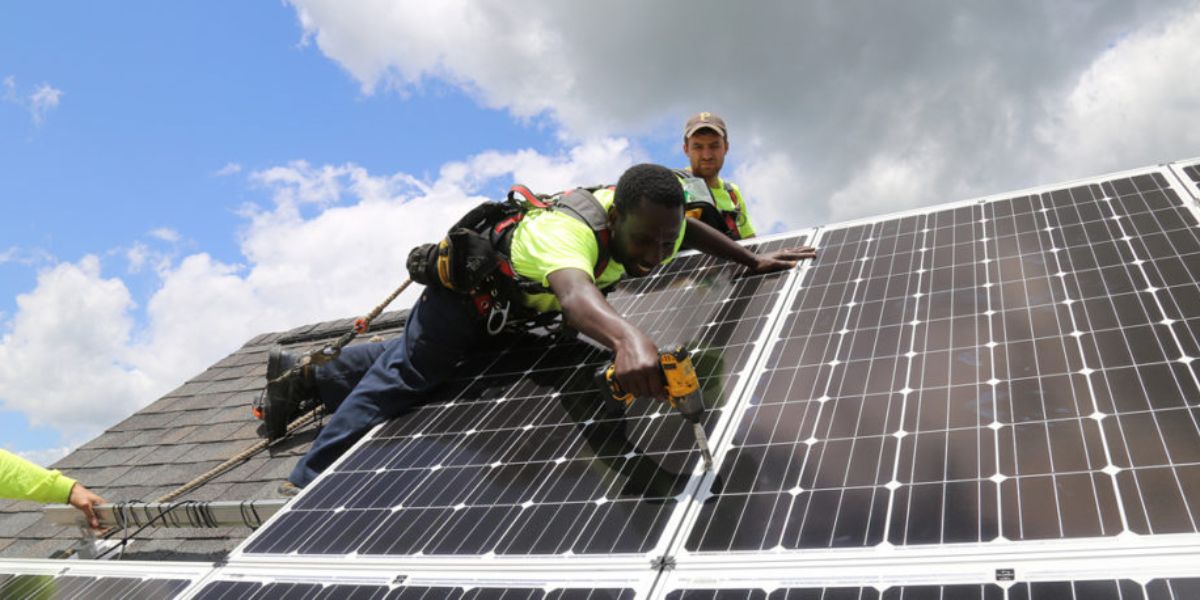Illinois’ $1.6 Million Infusion Advances Solar Energy in Marginalized Communities
Three projects benefiting traditionally underserved Black, Brown, and Indigenous communities in the greater Chicago area have moved one step closer to completion, thanks to a new infusion of state funds.
Last Monday, the Illinois Climate Bank unanimously approved loan funding of up to $1.6 million for three community-based solar projects owned by Green Energy Justice Cooperative, which will be launched in 2022 by Blacks in Green (BIG). This brings the total funding for GEJC’s community solar projects to $2.9 million, with some of it coming from private investors.
According to Naomi Davis, founder, and CEO of Blacks in Green, the funds will be used for the project’s pre-development phase, which includes public outreach, an interconnection study, and a deposit for renewable energy credits issued under the Climate and Equitable Jobs Act (CEJA).
“Our $2.9 million in predevelopment costs include payments to our electric utility, ComEd — fees to connect our solar system to their grid and a 5% down payment for our renewable energy credits — like buying a house, you have the financing and the down payment,” he explained.
“The sweet spot of this pre-development funding is what we invest in building relationships, educating them about the power of cooperative ownership and management, and collaborating with them to build a clean energy economy right where they live,” she went on to say. “We’ve got two years before we flip the switch and start monthly savings and clean energy comfort… and between now and then we’ll be enrolling thousands of community subscribers in conversations for organizing, training, and hopefully inspiring them.”
A Community Investment in Clean Energy
Energy self-sufficiency is one of the eight essential concepts of BIG’s Sustainable Square Mile concept, which the organization hopes to spread across the country.
“We say communities should own, develop, and manage their land and energy, and with our $10 million EPA Thriving Communities Technical Assistance Center (TCTAC) award, BIG is offering free/open source access to our energy justice portfolio, which includes this 9 MW solar project and community geothermal and wind,” Davis said in a press release.
“With our energy affordability bill before the Illinois General Assembly, and our energy auditing workforce launching this summer, we aim to connect the dots of community-driven, community-scale energy solutions for low and moderate-income communities across America.”
The Illinois Power Agency recommended in December 2023 that the three solar projects, totaling $25.7 million, be awarded $12.5 million in renewable energy credits. The three projects, located in Aurora, Naperville, and Romeoville, Illinois, would each produce 3 megawatts. Once completed, they will have the dual benefit of reducing the disproportionate energy load on BIPOC and low-income homes while also offering a community stake in clean energy generating.
“When finished in the coming years, this will be Illinois’ largest non-governmental, non-utility, minority-community-owned solar project. As such, it will be the culmination of years of dreaming and hard effort by our Green Energy Justice Cooperative to share middle-class jobs and wealth-building opportunities with historically impoverished and troubled individuals and families in our area.” Rev. Tony Pierce, GEJC board member and CEO of Sun Bright Energy stated in a news release.
“In doing so, it will be the beginning of lifting these kinds of individuals and families from the bottom of our economic pyramid into the middle class,” he said. “And it will therefore be the beginning of bringing some closure to the Black and White wealth gap that exists in metro Chicago; in addition to reducing the carbon footprint in our area, to reduce climate change.”
Davis sees this level of recognition and financial backing as a culmination of almost a decade of campaigning and work to secure energy independence for her community of West Woodlawn on Chicago’s South Side – and beyond.
“The cooperative (GEJC) that we organized and funded fits in with our overall mission because we have, as a stated pillar of our work [intend] to increase the rate at which neighbor-owned businesses are created and sustained,” Davis said in a December interview with the Energy News Network.
“We recognize that Black people in America are the top employers. And we are so devoted to being a solution because we understand the whole-system problem that affects Black communities nationwide.











